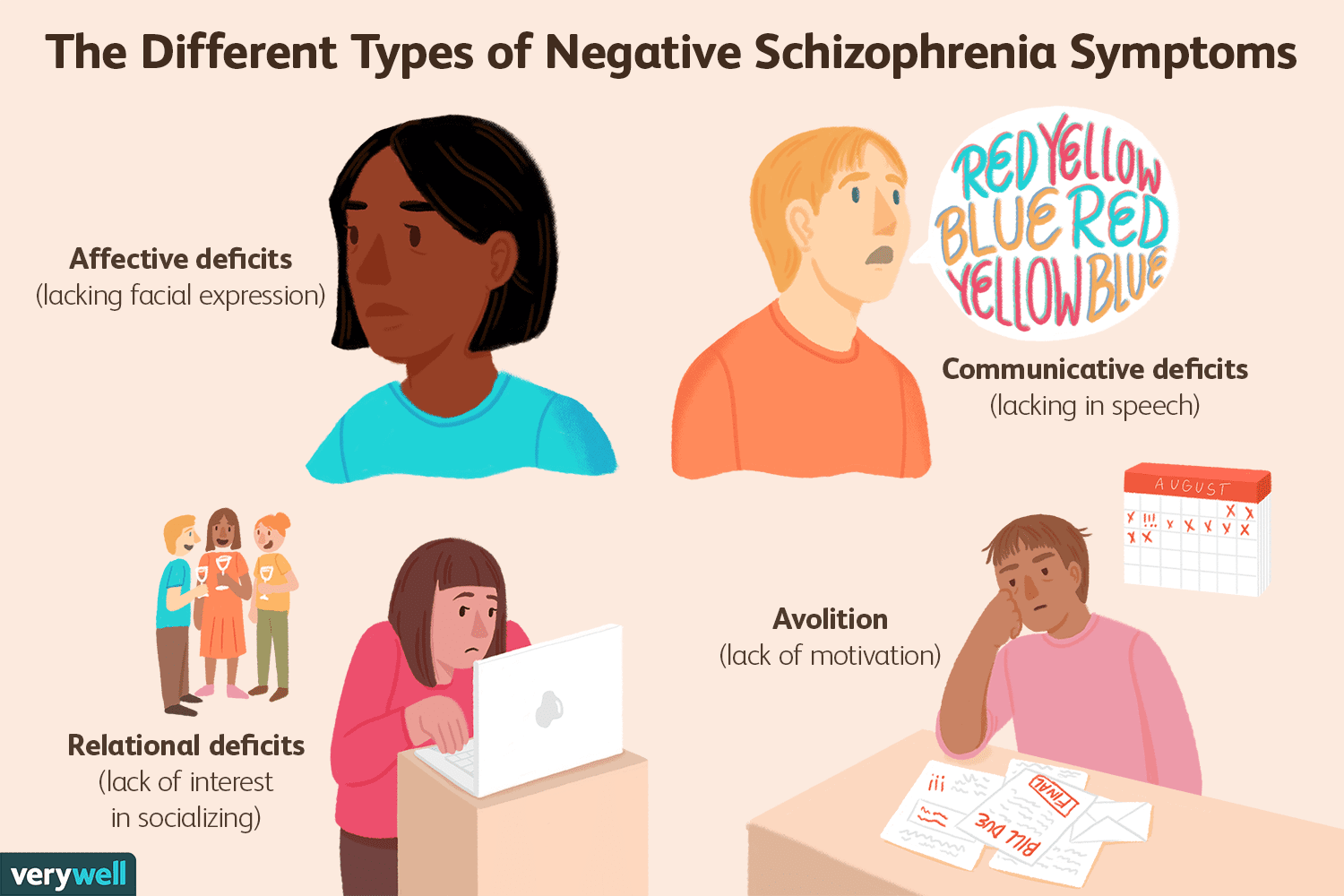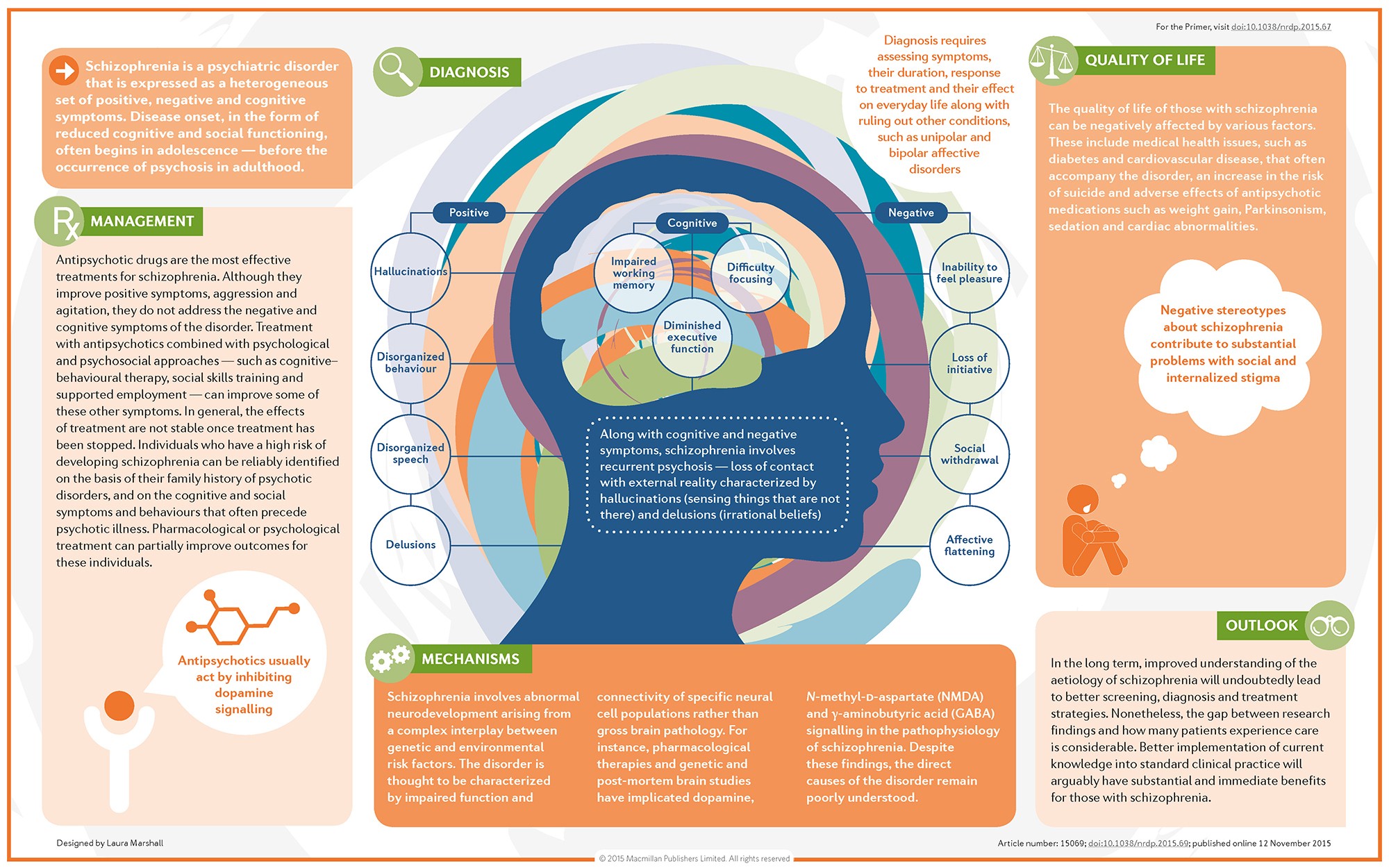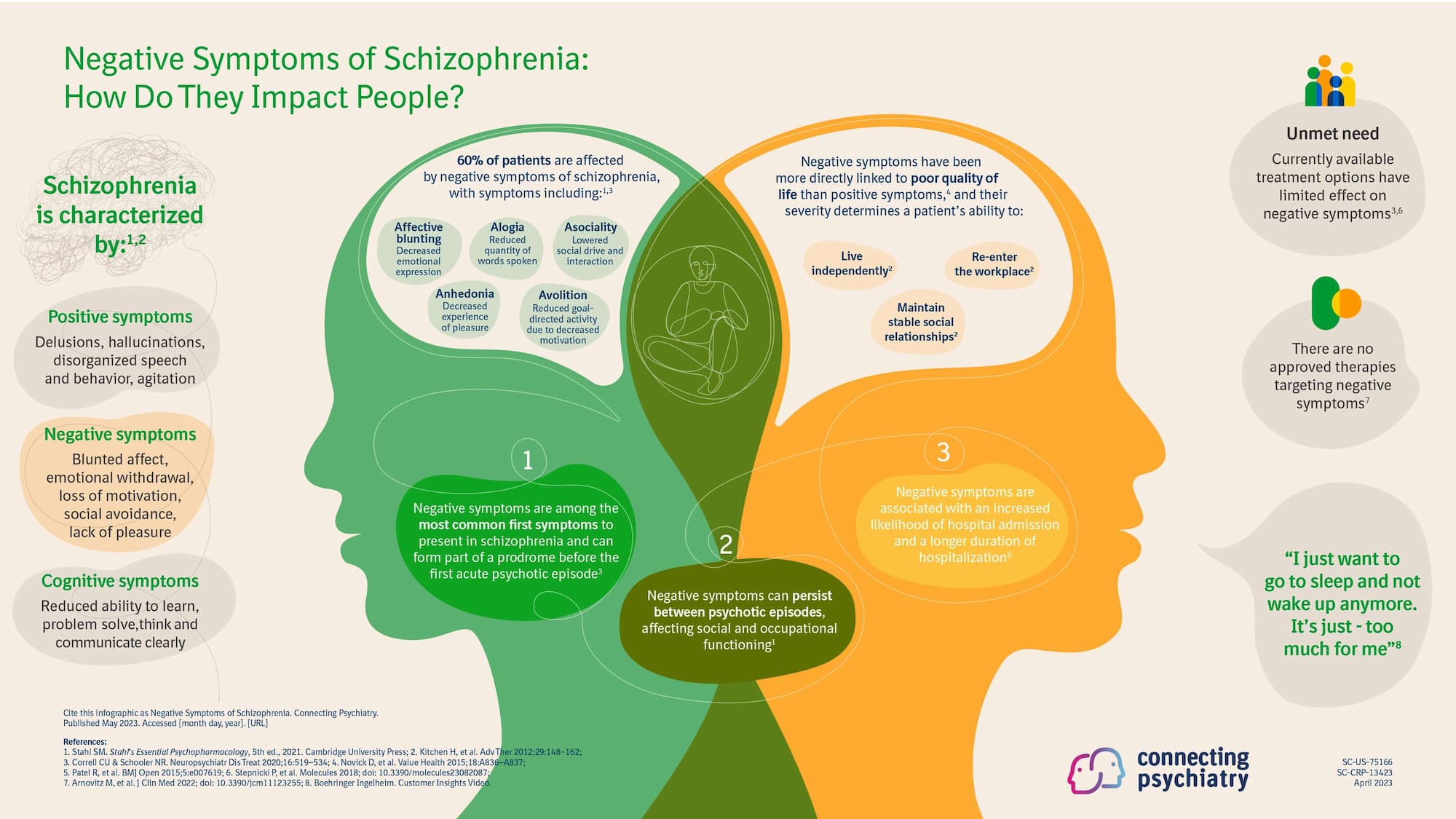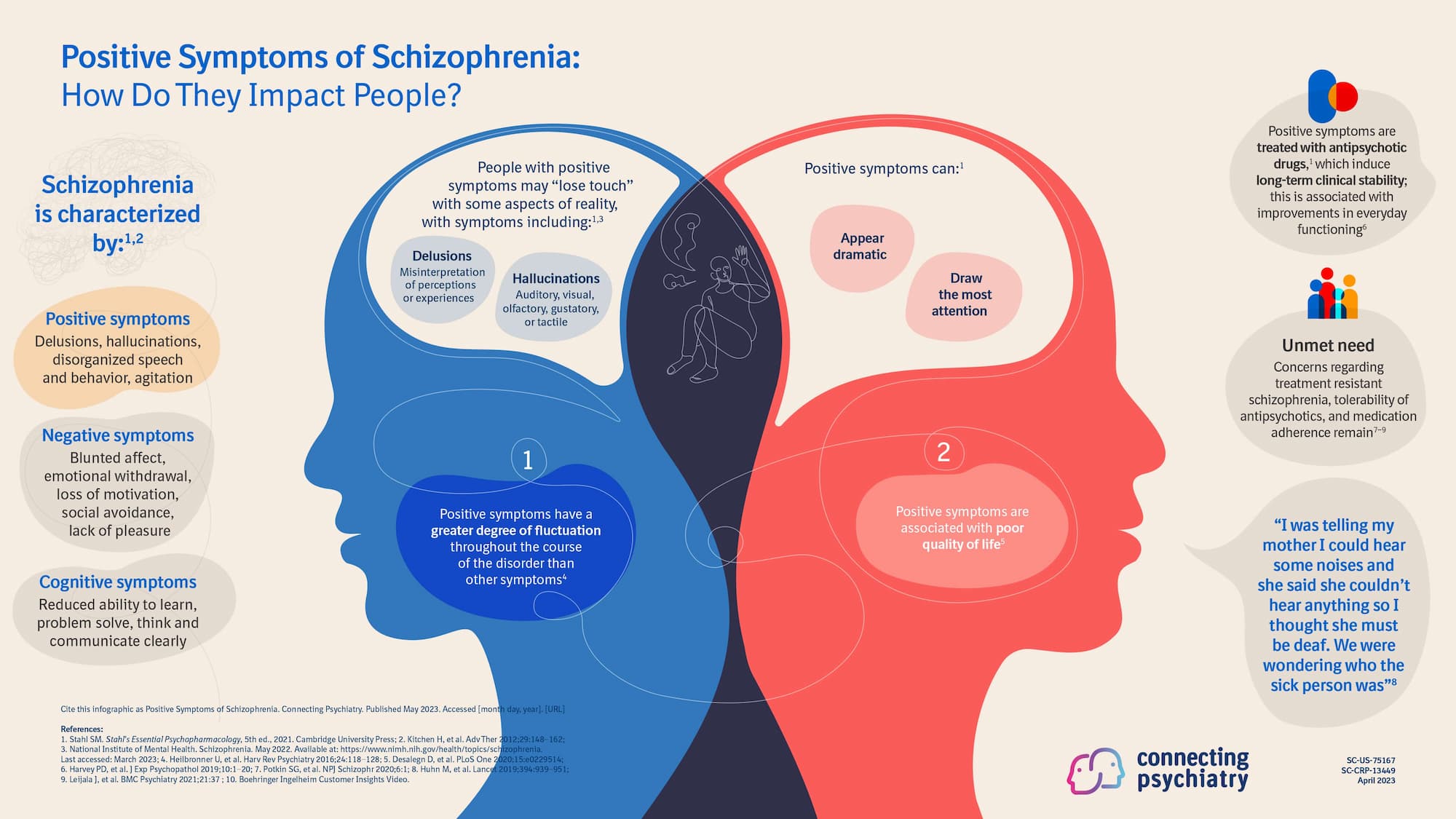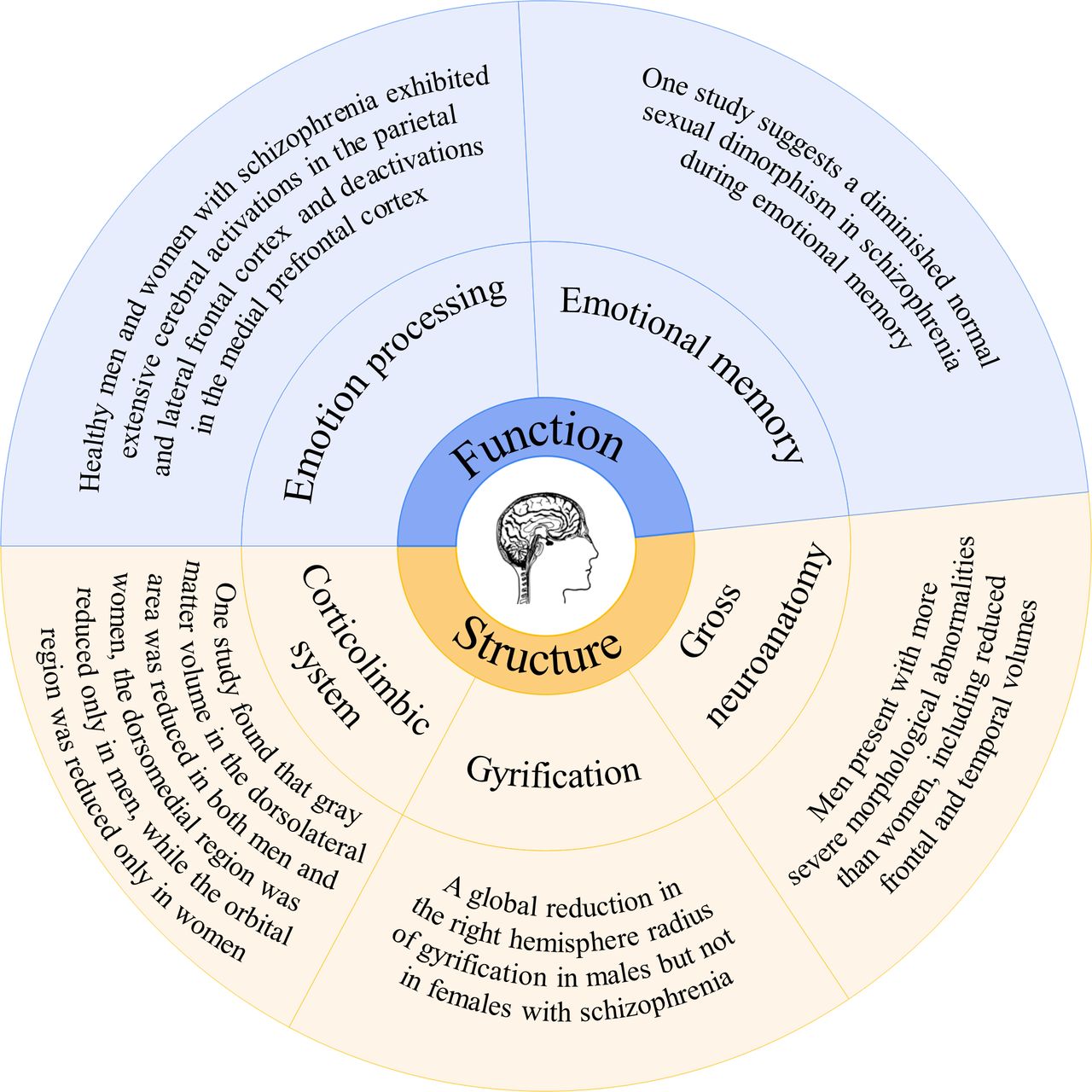What is schizophrenia?
Schizophrenia is a mental illness that causes someone to have an altered experience of reality. It causes psychosis, which is when people experience delusions and hallucinations.
Schizophrenia affects people’s thoughts, perceptions and behaviour. It interferes with their ability to function at work, school or relate to other people.
People with schizophrenia often experience stigma in the community, which can be one of their biggest problems. Many people find this illness hard to understand, and there are many myths about schizophrenia. People with schizophrenia do not have a ‘split personality’. Only a very small number of people with schizophrenia become violent. People with schizophrenia do, however, have a higher rate of suicide than the general population.
Schizophrenia affects about 1 in 500 people in Australia. Its symptoms usually begin in late adolescence or early adulthood. It is generally a long-term illness and can cause serious disability if left untreated.
What are the symptoms of schizophrenia?
Schizophrenia has a large variety of symptoms. Some people may experience some symptoms but not others. If it’s not treated, schizophrenia may lead to long-term psychosis.
The main symptoms of schizophrenia are:
- hallucinations — hearing or seeing something that isn’t real, such as hearing voices when no one is there
- delusions — believing something that can be proven to be untrue, such as believing you have superhuman powers, or can read minds
- confused thinking — jumbled thoughts, or difficulty understanding what others are staying
- ‘negative’ symptoms such as low motivation, difficulties with memory or attention and fewer expressed emotions
Someone with schizophrenia will have symptoms for more than 6 months. They may have unusual ideas or beliefs about themselves or the world around them. This can be very frightening.
CHECK YOUR SYMPTOMS — Use the Symptom Checker and find out if you need to seek medical help.
What causes schizophrenia?
Schizophrenia involves complex changes in brain functioning, but experts don’t yet know the exact causes.
People are more likely to develop schizophrenia if they have a family member who also has the condition. In the general population, just 1 in 500 people have a chance of developing schizophrenia. People with a parent or sibling with the condition have a 1 in 10 chance of developing schizophrenia.
There is no single gene that causes schizophrenia. Rather, a number of genes may combine to increase the risk. Other factors are also involved, as some people who develop schizophrenia don’t have a family history of it.
If someone has a genetic predisposition to schizophrenia, things such as stress or drugs (marijuana, LSD or speed) can trigger the first episode.
Malnutrition, certain serious infections in pregnancy, and birth complications can increase the risk of a child developing schizophrenia later in life. People who have experienced violence or trauma are also at an increased risk.
When should I see my doctor?
It’s important to get professional help to manage schizophrenia. Some people with schizophrenia do not realise they have a problem. Paranoid thoughts may also lead them to avoid health professionals.
If you or someone you know seems to be experiencing signs of schizophrenia, see your doctor as soon as possible.
See a doctor if you or someone you know:
- becomes very preoccupied (overly focussed) with something specific
- starts talking or writing very fast, or talks much less than normal
- seems muddled, irrational or is hard to understand
- is angry, aggressive or suspicious
- is hyperactive (with very high energy levels) or starts behaving recklessly (dangerously on purpose)
- laughs or cries inappropriately, or finds it hard to laugh, cry or express happiness
- neglects their personal hygiene
Schizophrenia can also cause changes in sleep and difficulties with everyday life including work and social activities.
It can be hard to recognise signs of schizophrenia at first. But over time the changes in someone’s thinking and behaviour may get worse.
Although the most people with schizophrenia are not violent, severe symptoms can cause some people to have thoughts of suicide or harming others.

